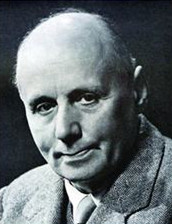"No Good Deed is too Small to Make a Difference"
Issue date:2023-05-12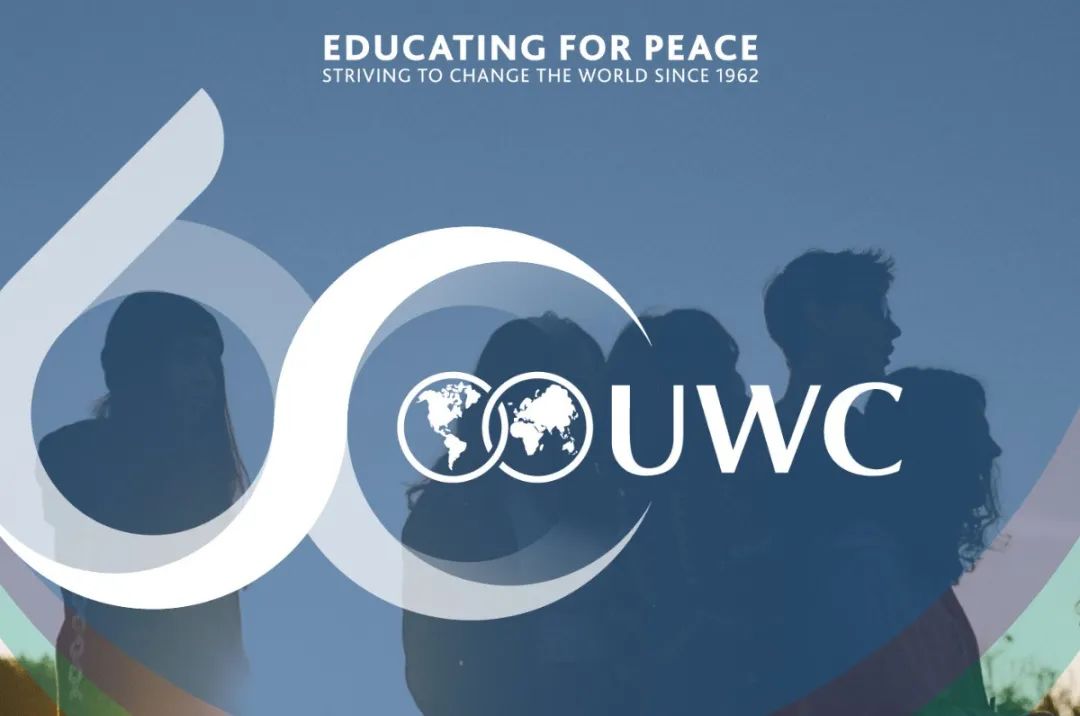
To celebrate the 60th anniversary of the founding of UWC, we interviewed UWC alumni currently working in UWC Changshu China. In the following interview, Sizhe Wang shared his experience from a UWC student to a UWC teacher and his reflections on the UWC movement. He said:" We could walk the mission in our daily actions: ‘Don't cease to do good things no matter how seemingly insignificant they are.’ "
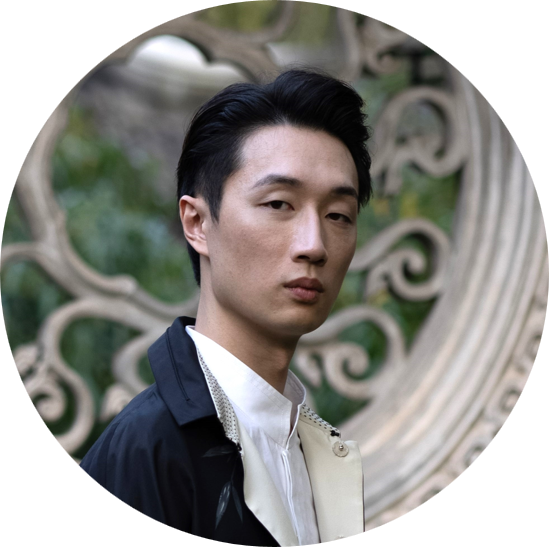
Sizhe Wang
UWC Changshu Economics teacher
Sizhe Wang studied at Pearson College UWC from 2012-2014. After graduation, he received a bachelor's degree from University of Maastricht in the Netherlands and a master's degree in Finance and investment from Erasmus University Rotterdam. In 2019, he joined UWC in Germany and began to teach economics. In 2020, he joined UWC Changshu China.
Interviewer: What is the biggest impact UWC education made on your life?
Sizhe:A very memorable experience for me was when I first arrived at Pearson College UWC, I joined other students on a 56-kilometre Great Lake Walk. This is a walking and running race around a lake on Vancouver Island. I didn’t realise the challenge of a 56km race at that time. I just followed along with others. We stayed near the starting point the night before, slept at a gym in sleeping bags, and got up before dawn at 4 am to get to the starting point. It was still dark outside when the race started. Most of our classmates joined the race with an attitude of "not to win but to take part". We talked and laughed together, watching the sunrise by the lake. I had probably walked more than 20 kilometers when I started to feel a little tired, and there were fewer and fewer classmates around me because our walking pace varied. However, everyone still encouraged each other to keep going forward. By the time I arrived at the rest point, my legs were so sore that I couldn’t sit down. I thought I should try my best to keep walking. Although I was among the last ones to finish the whole race, I hardly knew how I managed to reach the finish line on my own. After returning to school, I suffered from sore legs for two weeks, and I could hardly turn over and get out of bed, but I felt a sense of accomplishment. With the support of the school and my classmates at Pearson, I did many things that I would never have done by myself. For example, I paddled a kayak for a long distance that I never imagined I could. Pearson's environment is a force that pushes me out of my comfort zone and enables me to try many new things and have a different understanding of myself.
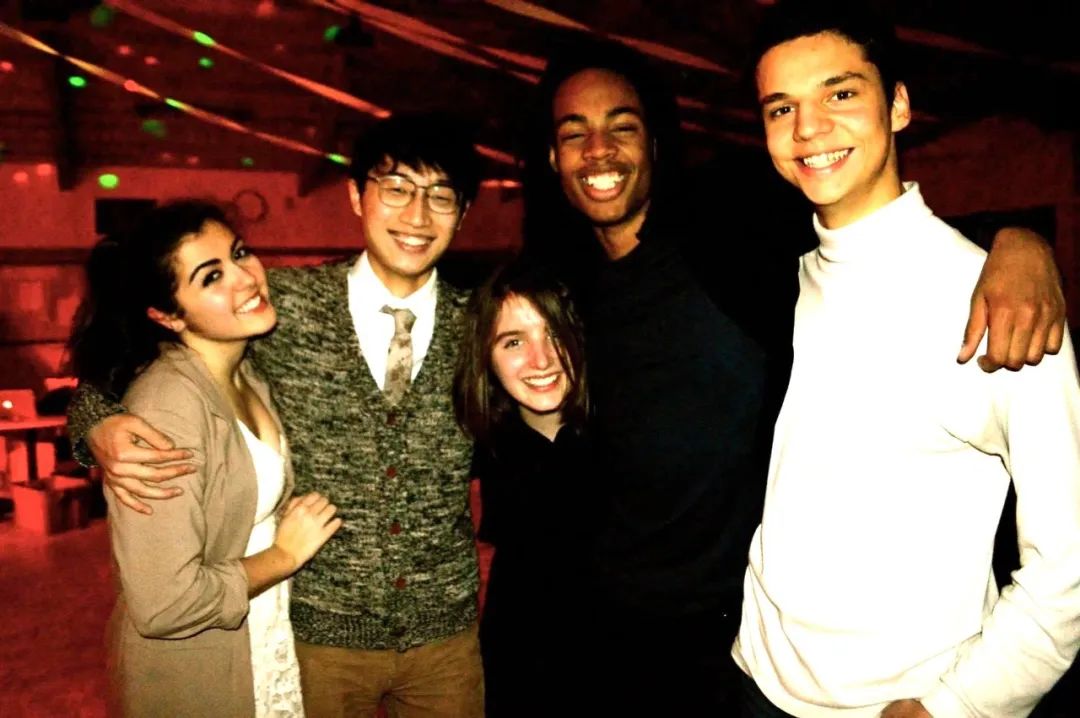
Sizhe and his peers at Pearson College UWC
Another significant influence on me is understanding different views and empathy. This influence mainly comes from the differences between many students and me on the purpose of coming to UWC. As a student, strong academic performance learning is the most important thing for me. Many of my seniors are "Straight-A students". I naturally formed my understanding of the IB: Grade 7 is a must. But through exchanges with other students, I found that everyone thinks from different perspectives, and learning is only one of the important things for many. For some, they hope to participate in more different activities; for others, they care more about making friends; and for some, being able to receive such an education is the first step to changing their life.

Sizhe performing at Pearson College UWC
After listening to the stories of other classmates, I not only understand that each individual has his or her pursuits but also that the environment and background in which we grew up have an impact on our individual choices. Not only can I better understand and empathize with their choices, but I can also see their efforts to achieve their goals in life. I have a friend who has been in the same math class as me since I entered the school. He was struggling with Math study and had been hovering around low scores. I didn’t quite understand his choice initially because he could have chosen a math class that was not that difficult for him. But later, he told me that he liked Math and wanted to study engineering in the future, so he was keen to lay a solid foundation in Math. I gradually understood his choice. Eventually, his Math grades improved, and he was admitted to a well-known university majoring in aerospace. His experience impressed me and made me reflect on my life goal on whether I am as persistent as him and also on my subsequent choices of higher education and career.
Interviewer: Why did you choose to return to UWC?
Sizhe:Before I came to UWC Changshu, I thought most of my educational experience was more western centred. I used to believe that this was what international education was all about, but I also gradually realized that what I did was to actively or passively integrate and get used to looking at issues and using narratives under a European/American-centred context, environment and perspective. I studied at UWC in North America, receiving undergraduate and postgraduate education in Europe. Then I began to reflect on strengthening the subjectivity and independence of these diverse viewpoints when hearing and expressing varied viewpoints. I think my immature understanding of international exchanges and international education is also that because I did not have an in-depth understanding of my own culture, background, and values. Such understanding and recognition are the basis for effectively participating in international exchanges. In other words, only by understanding oneself can one understand each other's differences and contradictions, discover the root causes of problems, engage in discussions, and resolve conflicts. Only in this way can we live the values of UWC.
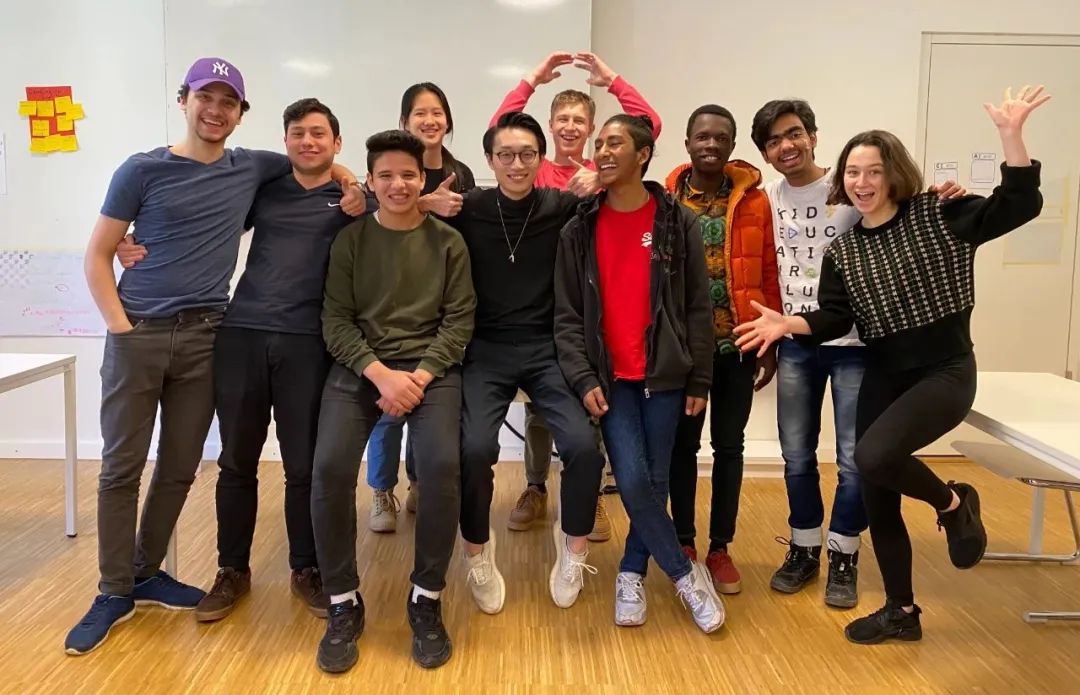
Sizhe and his studnets at UWC Robert Bosch College
With such reflection, I decided to return to UWC because I believe that UWC can provide a favourable educational environment for young people. I chose to come to UWC Changshu after working at UWC Germany. On the one hand, this is the place where I grew up, and it is also the place where the best Chinese culture education is provided within the IB curriculum. I hope to better understand my own culture and continue to grow in this environment. On the other hand, I also hope my experience can serve as a starting point for some of my students. Through education, our students can think about the problems and confusions I have encountered, understand how their culture and values are shaped, and tell their stories well. We can fully understand ourselves and others in the diverse environments and conflicts we will face.
Interviewer: As we are celebrating the 60th anniversary of UWC, how do you understand UWC mission now?
Sizhe:On the occasion of the 60th anniversary of UWC, the world is experiencing unprecedented changes: epidemics, conflicts, and deglobalization... However, because of this, UWC education is more meaningful than ever.
When I was studying at UWC, it was at the end of the peak of globalization. In hindsight, my understanding of the mission of UWC was incomplete at that time because I did not experience many conflicts. For UWCers in a different era, the world they face is different; the dilemmas are different, and the path to fulfilling the mission may differ. Today, the mission of UWC education remains the same and is ever more critical. Even in the face of more ideological conflicts in culture, economy, and politics, UWC education still gives us the confidence and possibility for dialogues and cooperation. As UWCers who have grown up in a specific era, on the one hand, we must instill confidence and hope in future UWCers. On the other hand, we must understand and learn new ideas and ways of resolving conflicts in different environments from UWCers in the new era, to face changes and adapt to changes. We should not only remain committed to UWC mission but also take actions to walk the mission.
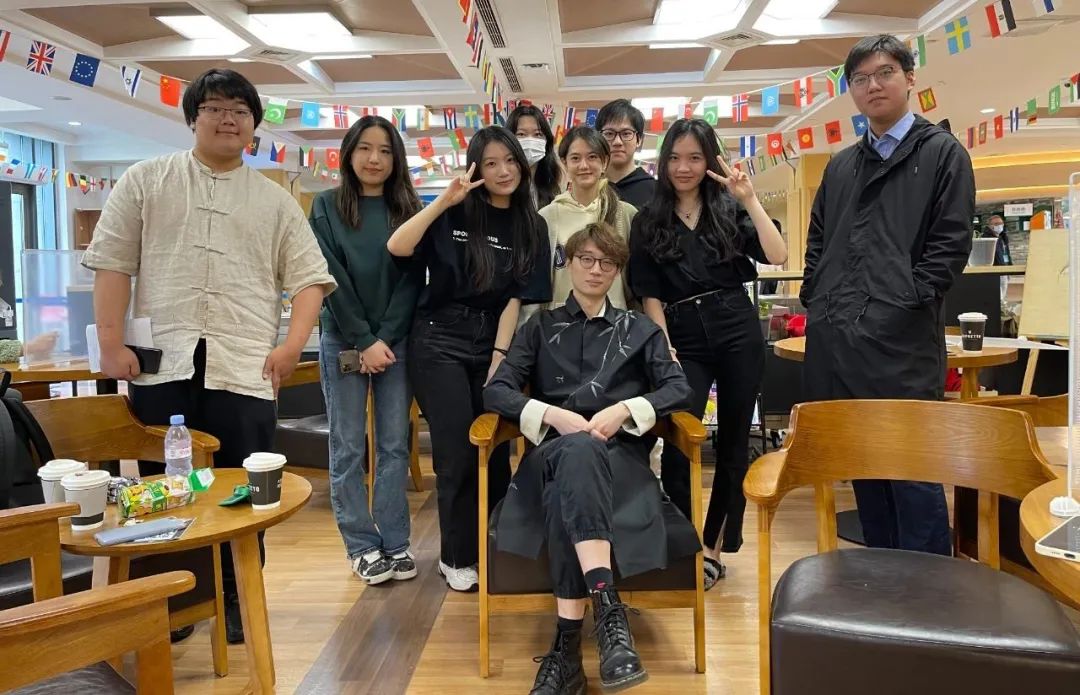
Sizhe and his students at UWC Changshu China
Interviewer: What are your hopes for the future of UWC movement and how do you think you will continue to live the UWC mission?
Sizhe:I once thought that students from UWC would become world leaders, academic gurus, or business elites. Although in the first few decades of UWC history, many graduates have indeed become outstanding individuals on the world stage, now that UWC continues to advance in globalization, I gradually realize that most of our alumni may also be the so-called "ordinary people". However, as more and more "ordinary people" like us start our career in the society, we can promote our values through many seemingly insignificant deeds: starting by changing ourselves, influencing a family member, a friend, and so on. Isn’t this living our mission? As UWCers, we may look ordinary to others, but at the same time, we should also know in our hearts that we are not insignificant, because our daily life shows how we walk the mission.
When I look back and reread our mission, I realize my misunderstanding of our mission: Once, I thought that our mission could only be walked when we reached the so-called "height" but now I know that this is not the case. We could walk the mission in our daily actions: "Don't cease to do good things no matter how seemingly insignificant they are." This is also my vision for the UWC movement: our education should never stop at school; UWC is an educational institution as well as an endeavour; UWC educators should not just be teachers but individual UWCers in each big UWC family. So besides hoping that UWC education can influence more people, I also hope that UWCers can continue to be "educators" and UWC mission practitioners from different aspects even after they have left the UWC campus.








